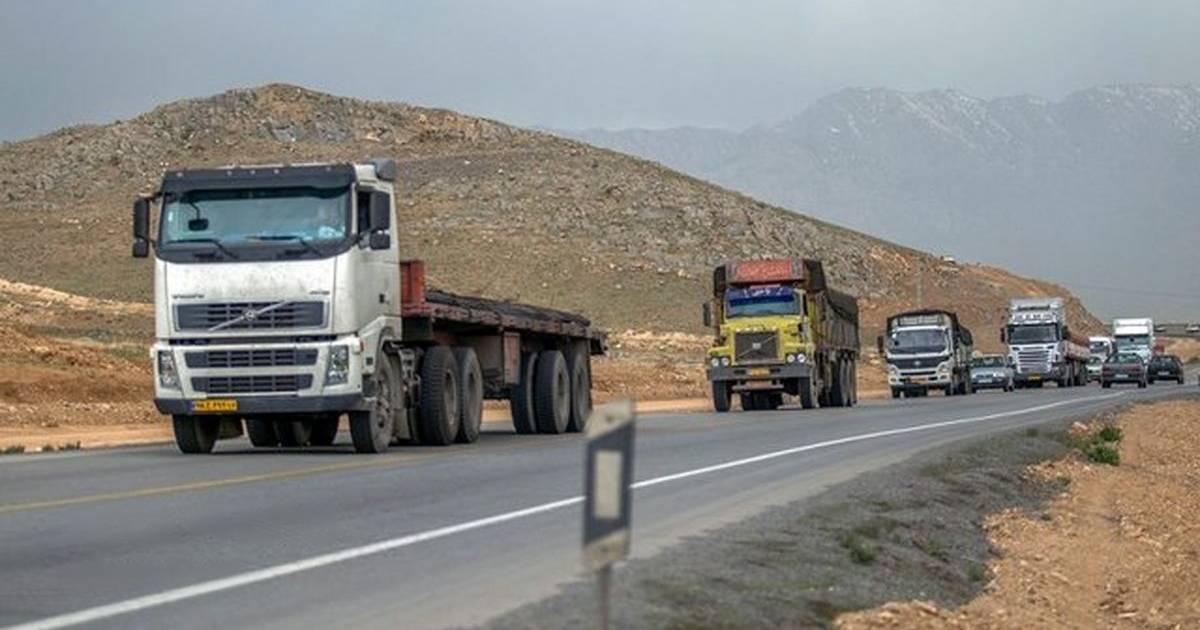
Similar Posts
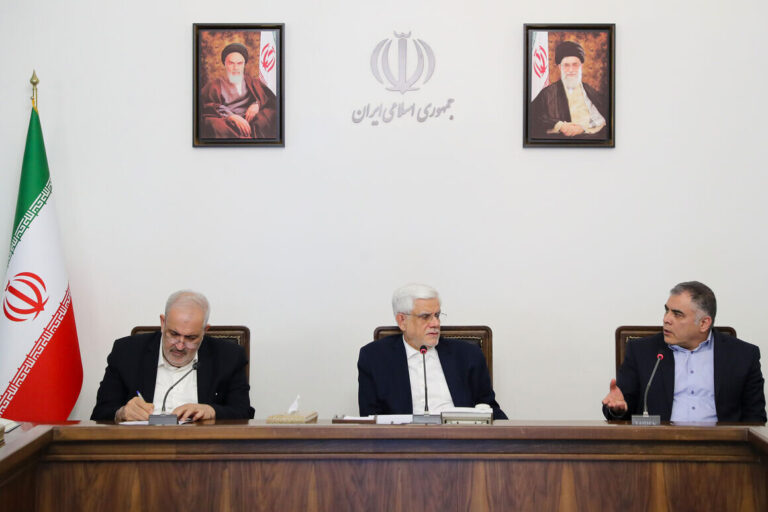
Iran Sets Ambitious Goals to Transform into Regional Energy Hub, Says Vice President
Iran is striving to become a key energy exchange hub to enhance its regional influence, as part of the Seventh Five-Year Development Plan (2024-28). At the inaugural meeting of the Regional Energy Trade Strategic Committee, officials underscored the plan’s goals: addressing energy imbalances, reducing industry losses, and strengthening Iran’s market position. Oil Minister Mohsen Paknejad highlighted energy swap agreements with neighboring countries as crucial for balancing supply and fostering cooperation. The committee, established within six months of the relevant law, will oversee policies and contracts to optimize energy management, targeting significant gas exports and electricity exchanges annually.

Oil Prices Dip as US Pauses Tariffs on Mexico and Canada: What It Means for the Market
Brent crude futures fell 0.7% to $75.46 per barrel, while U.S. West Texas Intermediate (WTI) crude dropped 1.2% to $72.27. Canadian PM Justin Trudeau and Mexican President Claudia Sheinbaum agreed to strengthen border enforcement in response to immigration and drug smuggling concerns, pausing a planned 25% tariff and a 10% energy import tariff for 30 days. OPEC+ decided to maintain its gradual oil output increase strategy. Additionally, former President Trump plans to discuss trade issues with Chinese President Xi Jinping as a 10% duty on Chinese imports looms. Upcoming U.S. oil stockpile data is also awaited.

Iran and Iraq Forge Stronger Energy Partnership: A New Era of Joint Cooperation
In a meeting in Tehran, Iranian Oil Minister Mohsen Paknejad and Iraq’s Minister of Electricity Ziad Ali Fazel discussed strengthening cooperation in the oil and energy sectors. They emphasized the historical ties between the two nations and the importance of regional collaboration in an evolving global energy landscape. Key points included enhancing bilateral relations, expanding joint ventures, and developing a comprehensive framework for efficient energy production. Both ministers expressed interest in exploring renewable energy opportunities, aiming to position their countries as leaders in sustainable practices. The discussions mark a significant step towards mutual benefits and innovation in the energy sector.
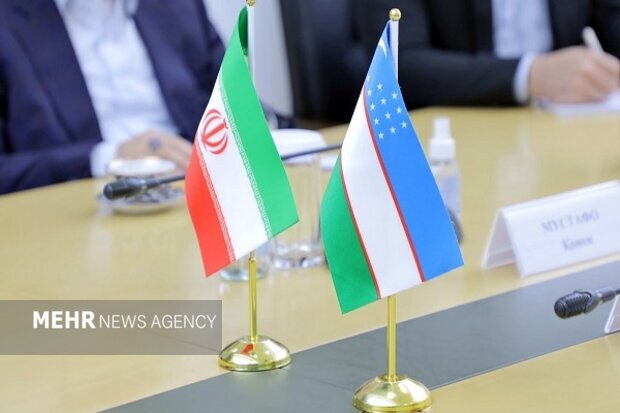
Iran and Uzbekistan Set to Sign PTA to Boost Bilateral Trade, Says Chairman
Recent talks between Iran and Uzbekistan have led to significant advancements in bilateral trade, with a Preferential Trade Agreement (PTA) set to be signed at the Joint Economic Cooperation Commission meeting. Samad Hassanzadeh, chairman of the Iran Chamber of Commerce, highlighted the potential to increase trade to over $500 million. The PTA is expected to streamline trade processes and reduce tariffs, enhancing cooperation. Additionally, an upcoming Iran Expo 2025 will showcase Iran’s strengths in various sectors. Both countries are optimistic about collaboration, particularly in textiles and investments, marking a pivotal step towards strengthened economic ties.
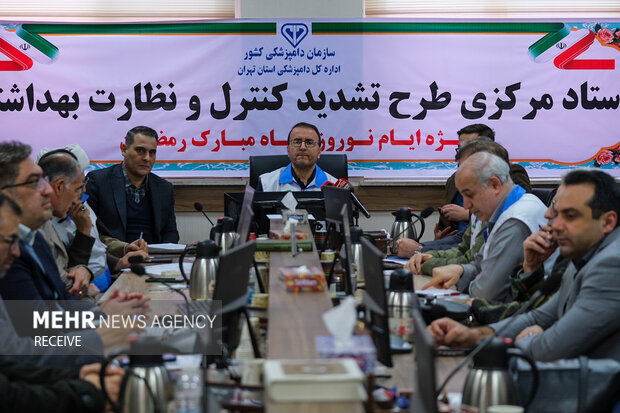
Iran and Brazil Engage in 3rd Round of Talks to Boost Agricultural Cooperation
The third webinar of the Joint Committee for Agricultural Cooperation between Iran and Brazil focused on enhancing bilateral relations, particularly regarding the sanitary quarantine of livestock products. Hosted by the Iranian Veterinary Organization, the session addressed key topics such as sanitary measures for livestock and agricultural products, and scientific collaboration. Deputy Minister Alireza Rafieipour emphasized the importance of these partnerships in facilitating trade and improving food safety. The collaboration aims to open new markets, ensure strict sanitary standards, and share technological advancements, ultimately strengthening economic ties between the two nations and paving the way for a sustainable agricultural future.
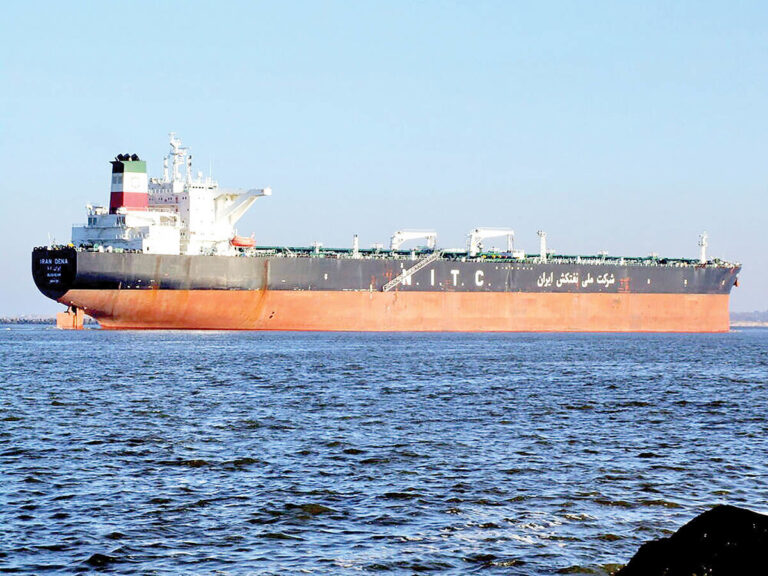
US Targets Individuals and Entities with Sanctions Over Alleged Iran Connections
On Thursday, the U.S. Treasury’s OFAC imposed sanctions on a “teapot” oil refinery and its CEO for buying and refining Iranian crude oil linked to the Houthis and Iran’s Ministry of Defense. These sanctions target 19 additional entities and vessels involved in shipping Iranian oil, part of efforts to limit Iran’s oil exports and revenue used for terrorism. Following former President Trump’s exit from the 2015 nuclear deal, Iran has rejected negotiations under pressure while continuing indirect talks with European nations and discussions with Russia and China. The geopolitical landscape remains tense, with potential implications for global oil markets.